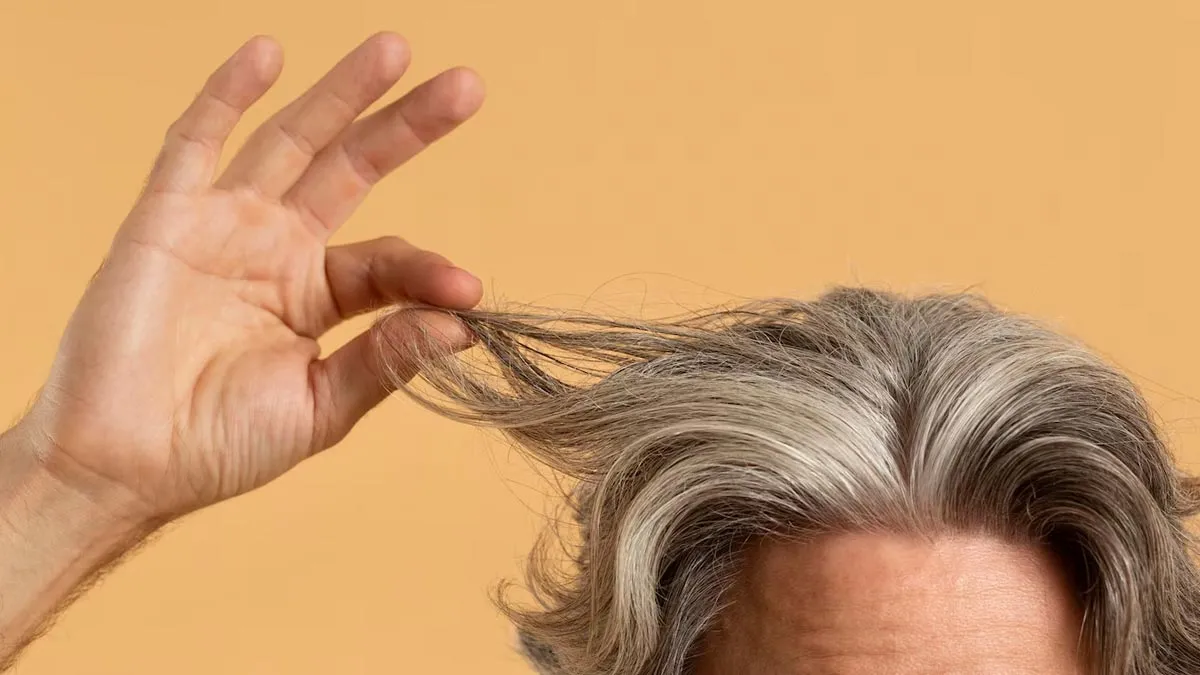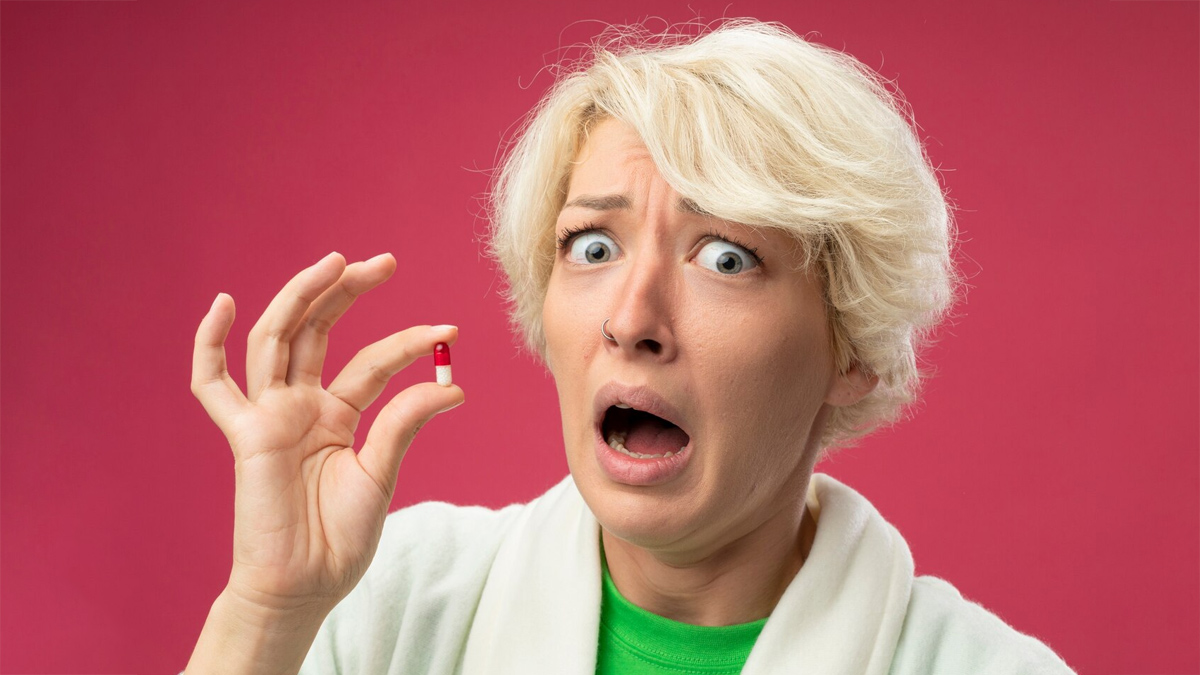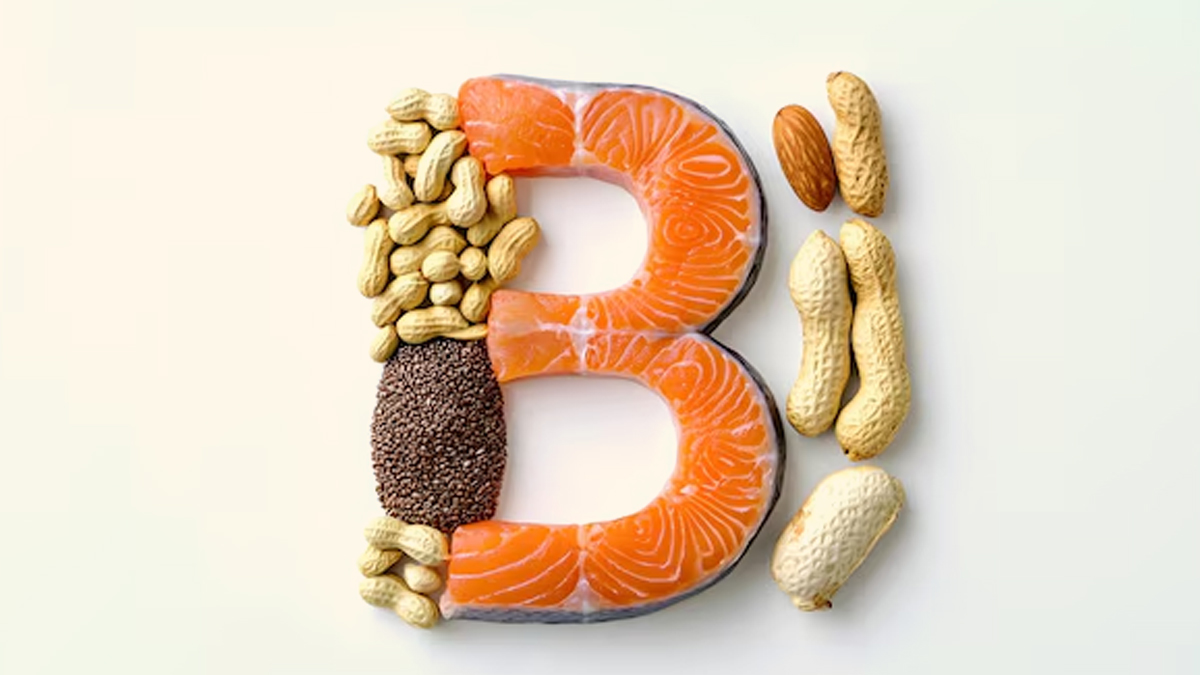
Greying hair is a natural part of life that affects everyone at some point. It’s usually nothing to worry about and simply indicates the ageing process. Most often, people start to experience the changes in their 30s. However, some people can also develop grey hair in their early years. Several factors can play a role in premature greying of hair, and nutritional deficiency, like lack of vitamin B12, can be to blame.
Table of Content:-
In an interaction with the OnlyMyHealth team, Dr Rashmi Sriram, Consultant Dermatologist, Fortis Hospital, Rajaji Nagar, discusses the link between vitamin B12 deficiency and greying of hair and shares ways to tackle the same.
Also Read: Are Men More Susceptible To Vitamin B12 Deficiency Than Women? Ways To Maintain Optimal Levels
Why Does Vitamin B12 Deficiency Occur?

Vitamin B12 deficiency mostly occurs due to insufficient intake of vitamin B12-rich foods and impaired absorption of the nutrient. In some people, it can also be caused by factors like certain medications and/or medical conditions.
According to StatPearls Publishing, vitamin B12 deficiency isn’t very common overall, but it does show up in about 1-2% of people with anaemia. It’s more noticeable in those with enlarged Red Blood Cells (RBCs) – a condition called macrocytosis – where around 18-20% of cases are linked to low B12 levels.
Additionally, people on a strict vegan diet for about three years may develop a deficiency due to lack of B12 in their food.
Can Vitamin B12 Deficiency Cause Greying Hair?

“Vitamin B12 deficiency can affect hair health and pigmentation by causing hair loss, thinning, and premature greying,” says Dr Sriram, explaining that B12 plays a crucial role in the production of melanin, the pigment responsible for hair colour.
“A deficiency can disrupt melanin production, leading to changes in hair pigmentation.”
In a study of 75 people with premature greying, low levels of vitamin B12, vitamin D, iron, and thyroid imbalances were found to be common. Issues like stress, smoking, poor sleep, and irregular eating were also more frequent. Most affected individuals came from lower middle-class backgrounds.
However, it is important to note that premature greying of hair is not a definitive sign of B12 deficiency, as it can be caused by genetics, stress, and other nutritional deficiencies. Therefore, to confirm the diagnosis, a blood test can help determine if a deficiency is present.
Also Read: Are You Lacking Vitamin B12? Sore Gums And Other Telltale Symptoms
How To Tackle Greying Of Hair Caused By Vitamin B12 Deficiency

“Greying of hair due to B12 deficiency may be reversible with supplements or dietary changes,” shares Dr Sriram.
Research suggests that correcting a B12 deficiency can restore hair pigmentation, but results may vary depending on the individual and the severity of the deficiency.
Dr Sriram recommends foods naturally rich in vitamin B12, which include animal products like fish, meat, poultry, eggs, and dairy products. The recommended daily intake is 2.4-2.6 mcg for adults. Some fortified plant-based milk and cereals can also provide B12.
Vegetarians and vegans are more at risk for B12-related hair changes due to their plant-based diet, which often lacks natural sources of B12. To prevent deficiency, they can consume fortified foods, take B12 supplements, or consider B12-rich nutritional yeast. Regular blood tests can also help monitor B12 levels and prevent deficiency-related hair changes.
Conclusion
Greying hair isn’t always just about getting older; sometimes, it can be due to vitamin B12 deficiency. As Dr Rashmi Sriram points out, a lack of vitamin B12 can affect the pigment in your hair, leading to premature greying. However, if caught early, making simple changes to your diet or taking supplements could help. But since greying can also be caused by other things like stress or genetics, it’s worth consulting a doctor and getting necessary tests to know for sure.
Also watch this video
How we keep this article up to date:
We work with experts and keep a close eye on the latest in health and wellness. Whenever there is a new research or helpful information, we update our articles with accurate and useful advice.
Current Version